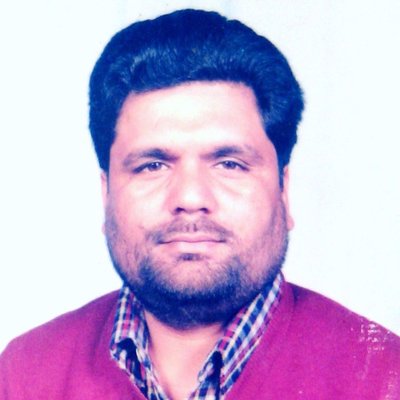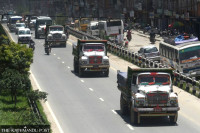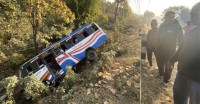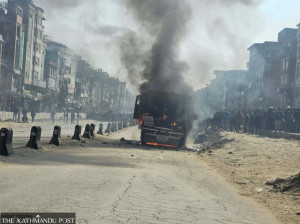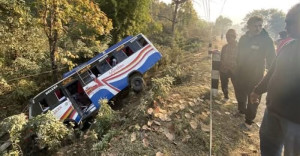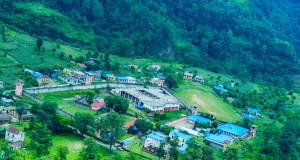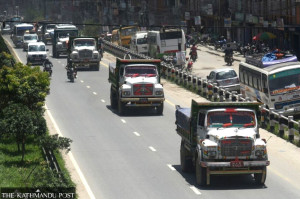The Viral Disease Research and Training Centre, Hetauda has said it would start testing for possible Covid-19 infections starting Tuesday.
The Centre which hosts a laboratory equipped to conduct Polymerase Chain Reaction tests was established five years ago to study viruses, bacteria and other pathogens. The lab was approved and is being monitored by the federal Ministry of Health and Population. Recently, a team of high-profile government officials including Bagmati Province Minister of Social Development Yubaraj Dulal, Infectious disease specialist at National Physical Science Academy Dr Bishnu Prasad Upadhyay, and other officials from the social development ministry paid a visit to the lab.
“The lab will start PCR testing for Covid-19 starting,” Dulal told the Post. “We are coordinating with the federal government to manage essential equipment and manpower.”
For a lack of specialists and manpower, the lab had remained dormant for years. The position of a microbiologist who is in charge of the testing, however, is currently vacant in the Centre.
“But if we have someone who can take charge of the testing and other staff, we can start within 24 hours,” Upadhyay said upon visiting the lab on Sunday.
“Even though Hetauda has basic equipment required for testing the infection, the samples of the suspected individuals had to be sent to the Capital,” said Rambalak Raya, lab technician director at the Centre. “That is about to change now. We can test if anybody is suspected of carrying the coronavirus.”
The Centre currently has only two staff, including Raya and a lab assistant.
Dr Pusrushottam Sedhai, chief of the physics department of the social development ministry, said that if the lab is revived, it could be beneficial for the whole Bagmati province.
The government has been criticised lately for its slow progress regarding Covid-19 testing. The government has so far tested 875 samples and roughly 600 individuals for Covid-19. Five Nepalis have tested positive for Covid-19 in the country so far, while one has recovered.
While the testing process was previously limited to the Capital only, the government on Sunday announced it has expanded the service to Dharan, and would start the service in Nepalgunj and Pokhara as well. Frequently asked questions about the coronavirus outbreak
UPDATED as of September 22, 2020
What is Covid-19?
Covid-19, short for coronavirus disease, is an illness caused by the coronavirus SARS-CoV-2, short for severe acute respiratory syndrome coronavirus 2. Common symptoms of the disease include fever, dry cough, fatigue, shortness of breath and breathing difficulties. In severe cases, the infection can cause pneumonia, severe acute respiratory syndrome, kidney failure and even death.
How contagious is Covid-19?
Covid-19 can spread easily from person to person, especially in enclosed spaces. The virus can travel through the air in respiratory droplets produced when a sick person breathes, talks, coughs or sneezes. As the virus can also survive on plastic and steel surfaces for up to 72 hours and on cardboard for up to 24 hours, any contact with such surfaces can also spread the virus. Symptoms take between two to 14 days to appear, during which time the carrier is believed to be contagious.
Where did the virus come from?
The virus was first identified in Wuhan, China in late December. The coronavirus is a large family of viruses that is responsible for everything from the common cold to Middle East Respiratory Syndrome (MERS) and Severe Acute Respiratory Syndrome (SARS). After an initial outbreak in Wuhan that spread across Hubei province, eventually infecting over 80,000 and killing more than 3,000, new infection rates in mainland China have dropped. However, the disease has since spread across the world at an alarming rate.
What is the current status of Covid-19?
The World Health Organisation has called the ongoing outbreak a “pandemic” and urged countries across the world to take precautionary measures. Covid-19 has spread to 213 countries and territories around the world and infected more than 31,405,983 people with 967,505 deaths and 22,990,260 recoveries. In South Asia, India has reported the highest number of infections at 5,557,573 with 88,943 deaths. While Pakistan has reported 306,304 confirmed cases with 6,420 deaths. Nepal has so far reported 65,276 cases with 427 deaths.
How dangerous is the disease?
The mortality rate for Covid-19 is estimated to be 3.6 percent, but new studies have put the rate slightly higher at 5.7 percent. Although Covid-19 is not too dangerous to young healthy people, older individuals and those with immune-compromised systems are at greater risk of death. People with chronic medical conditions like heart disease, diabetes and lung disease, or those who’ve recently undergone serious medical procedures, are also at risk.
How do I keep myself safe?
The WHO advises that the most important thing you can do is wash your hands frequently with soap and water for at least 20 seconds or use hand sanitizers with at least 60 percent alcohol content. Avoid touching your eyes, nose and mouth with unclean hands. Clean and disinfect frequently used surfaces like your computers and phones. Avoid large crowds of people. Seek medical attention if symptoms persist for longer than a few days.
Is it time to panic?
No. The government has imposed a lockdown to limit the spread of the virus. There is no need to begin stockpiling food, cooking gas or hand sanitizers. However, it is always prudent to take sensible precautions like the ones identified above.

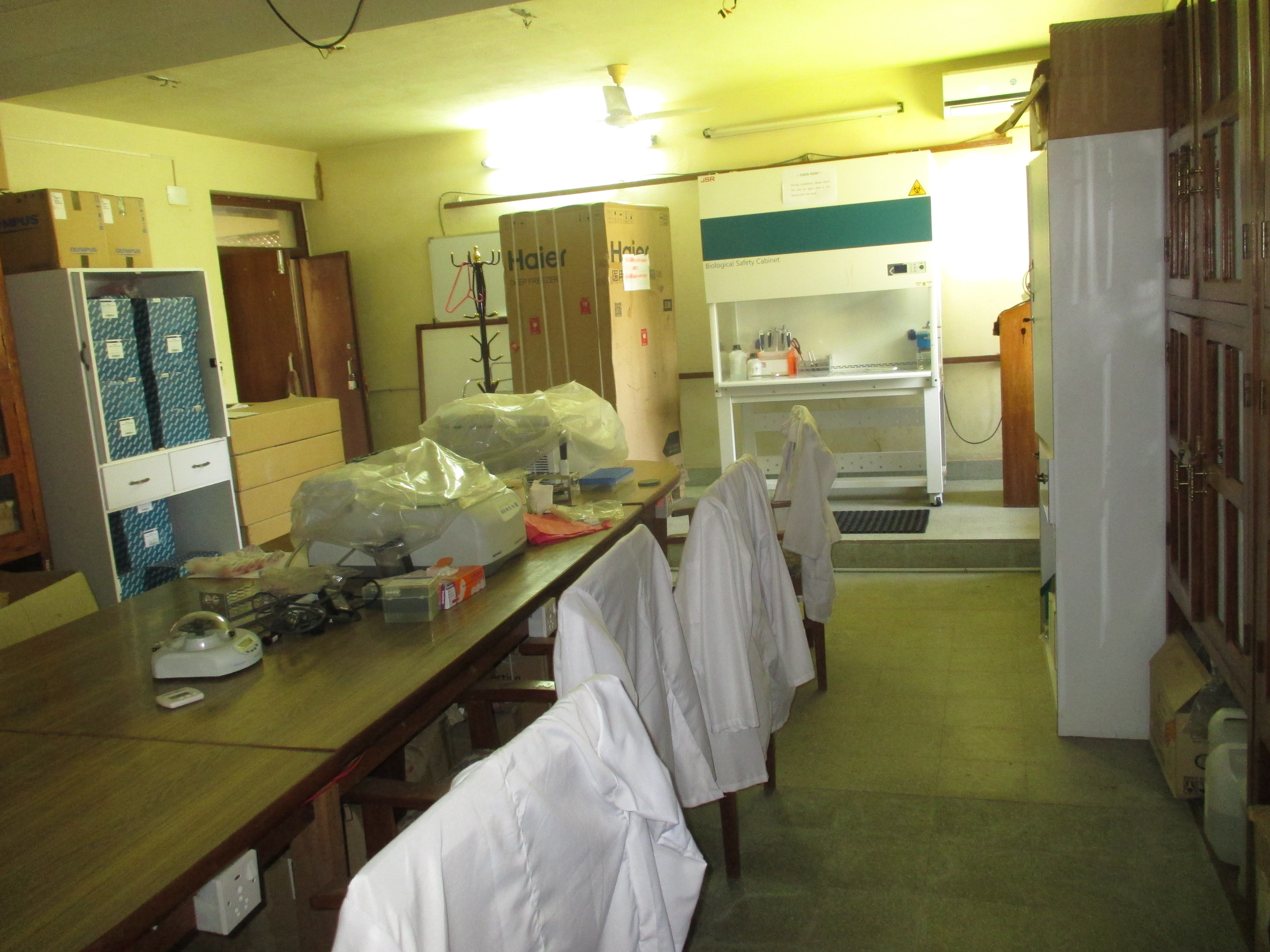




 9.6°C Kathmandu
9.6°C Kathmandu